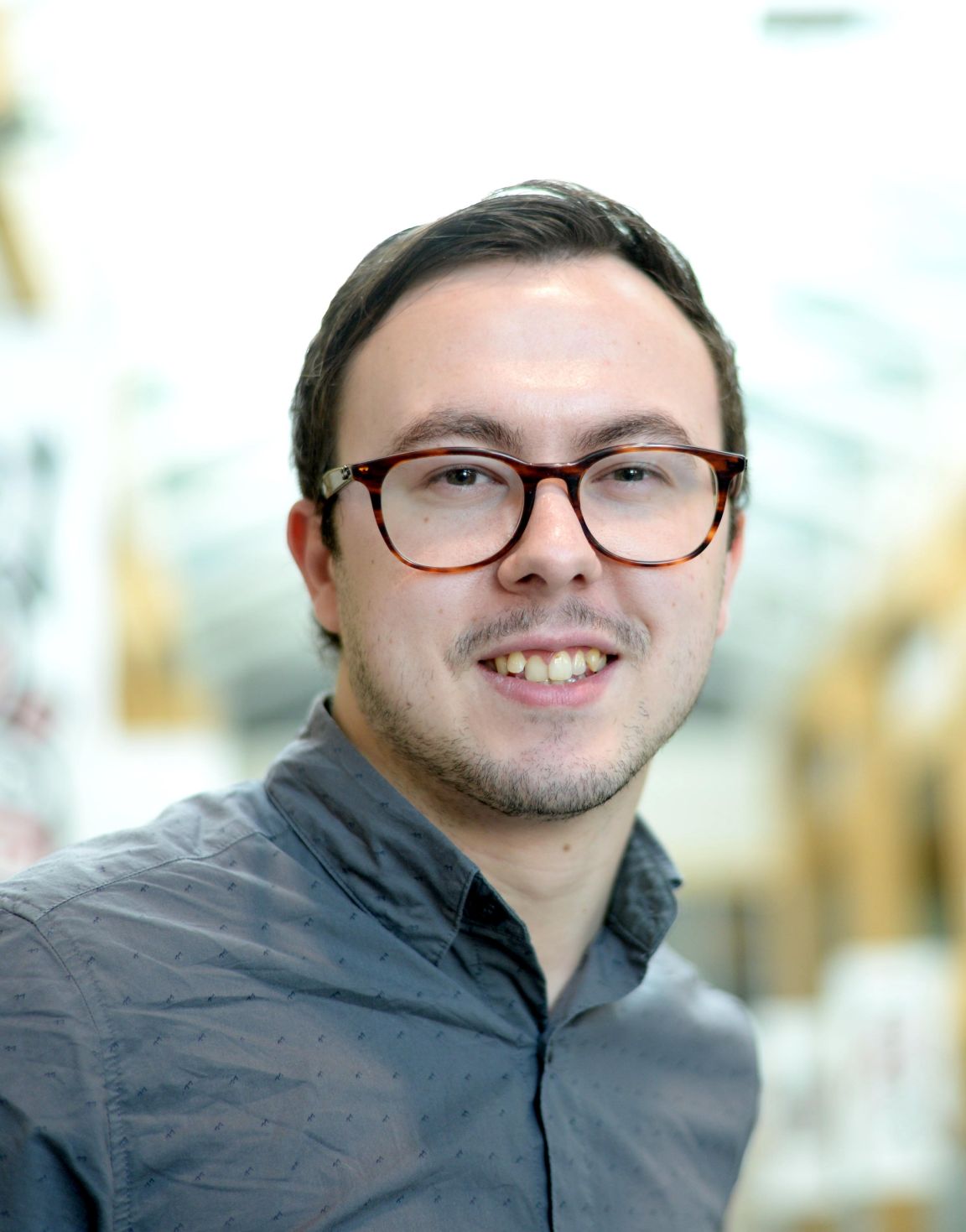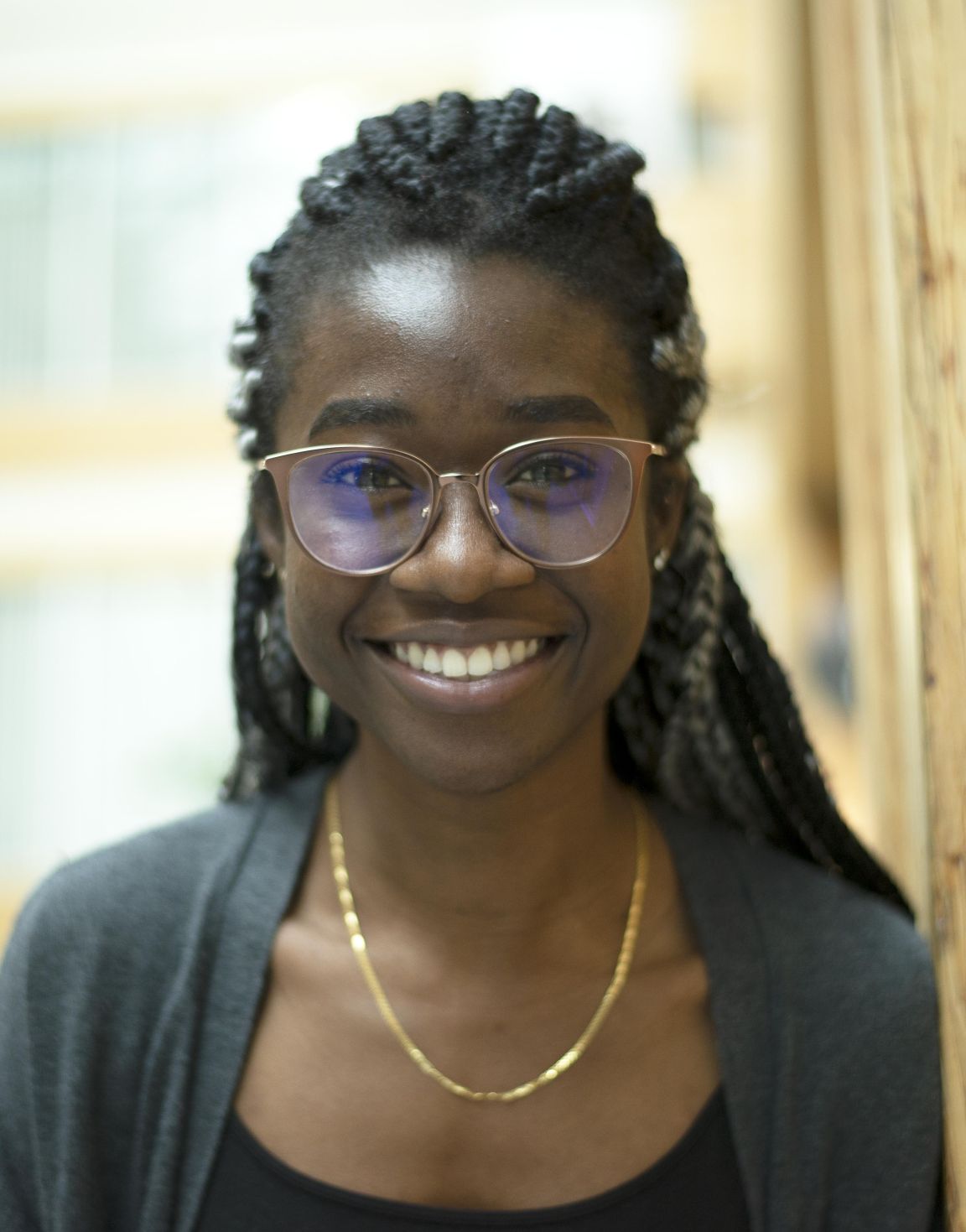Emilio Caputo

My name is Emilio Caputo and I am in the fifth year of my undergraduate degree at UNBC, soon to graduate with a BA Honours in History with minors in Philosophy and Political Science. I was born and raised in McBride, British Columbia, but came to Prince George in the fall of 2014. I chose UNBC because it offered a sense of community that was reminiscent of my small town upbringing but was large enough to afford me opportunities to obtain prominent positions. The university itself has small class sizes and afforded me a chance to develop my skills through constant conversation, where the faculty know me as an individual. I cherish the personal relationships that I have developed with my professors and other staff members as well as the friendships I share with my fellow students. Being a student at UNBC has meant that I have had the opportunity to travel to different countries, assume positions in student governance, and to build initiatives that are unique in the province. Few schools could have offered me the chance to explore my passions as a community leader and to receive a world-class education as I have these past five years.
UNBC’s History department is unique, in that each of the professors has a wide array of specialties that allow them to offer a variety of courses organized thematically, geographically, and chronologically. Each of these is designed to help students gain the ability to critically analyze and compile evidence in order to construct a persuasive argument, as well as to develop their skills as independent researchers. Doing research as an undergraduate has sharpened my skills as a historian and has made me feel as though the work I am doing is helping to make important contributions to our body of knowledge. Research has given me the opportunity to expand my knowledge in new areas and to pursue the areas I am interested in, in a way that is personalized to my talents as an academic. Under the supervision of Dr. Dana Wessell Lightfoot, my Honours thesis focuses on deconstructing ideas of masculinity in the medieval Spanish military orders while also emphasizing the unique importance that Spain plays as part of a continental tradition of crusading. I do so by analyzing and comparing the practices of two of Spain’s most prominent military orders: the Knights Templar and the Order of Santiago. In addition, I have also conducted research on behalf of Dr. Benjamin Bryce, where I documented ideas of race and racialization in the Canadian and American censuses from 1880-1941.
Raliat Abioye

My name is Raliat and I am currently in the fourth and final year of my undergraduate studies in Biochemistry and Molecular Biology. My research experience has been split between two labs. The first, and where I have done most of my research in, is with the Rader Lab, which focuses on RNA splicing in eukaryotic systems, specifically in the highly reduced red alga, Cyanidioschyzon merolae. My past project looked at the localization of splicing proteins in C. merolae using fluorescent microscopy techniques. I have since then switched gears and am now following up on an observation made on the degradation process of mRNA in our model organism using similar techniques from my previous project. The second research experience I have had is through my involvement with iGEM (international genetically engineered machine) which is a predominantly student-led research-based competition. Students from various levels of education ranging from high school to doctorate develop a project based on the modification of a pre-existing biological system to create beneficial functions that can be used to solve a problem. Participating teams are then invited to a conference held in Boston to present their projects and meet other competing teams. Our project focused on developing a treatment for MRSA using sRNA mediated gene regulation and inactivated bacteriophages as delivery systems.
Getting involved in research provided me with real-life applications of what I was learning in lectures and teaching laboratories. It gave me context beyond a textbook and showed me how to think critically. As a person who needs to understand why what I am learning is important, research gave me the wholesome context that I struggled to find in the initial years of my degree. It provided me with the avenue to connect the dots and pull all the seemingly loose strings of knowledge together in an interconnected web. Following my first couple of months involved in research, I returned to my classes with a renewed interest and altered perspective than before and it was through this that I was finally able to settle into my degree and enjoy the experience. Research to me is a field that is bursting with different types of opportunities and alternate paths following undergraduate studies. As a biochemistry student, research has broadened what I can do with my degree which is something that worried me going into this degree
I chose UNBC because with it being the local university where I lived, it was the cheapest option where I would be able to commute from home and keep costs low. While I did not know much about research when I initially started at the university, the vast amount of research that goes on here was what I found to be a very pleasant surprise. UNBC is an excellent university to go to if an individual is wanting to try their hands on research which I strongly suggest that every student, regardless of their program, should consider. With many primary investigators available, it is almost guaranteed that you will find a project that piques your interest and a supervisor willing to welcome the individual into their lab. The supervisors are very approachable and interested in student success which is very motivating and encouraging. They make sure to support students in doing their best and all that which adds to the greatness of the experience.